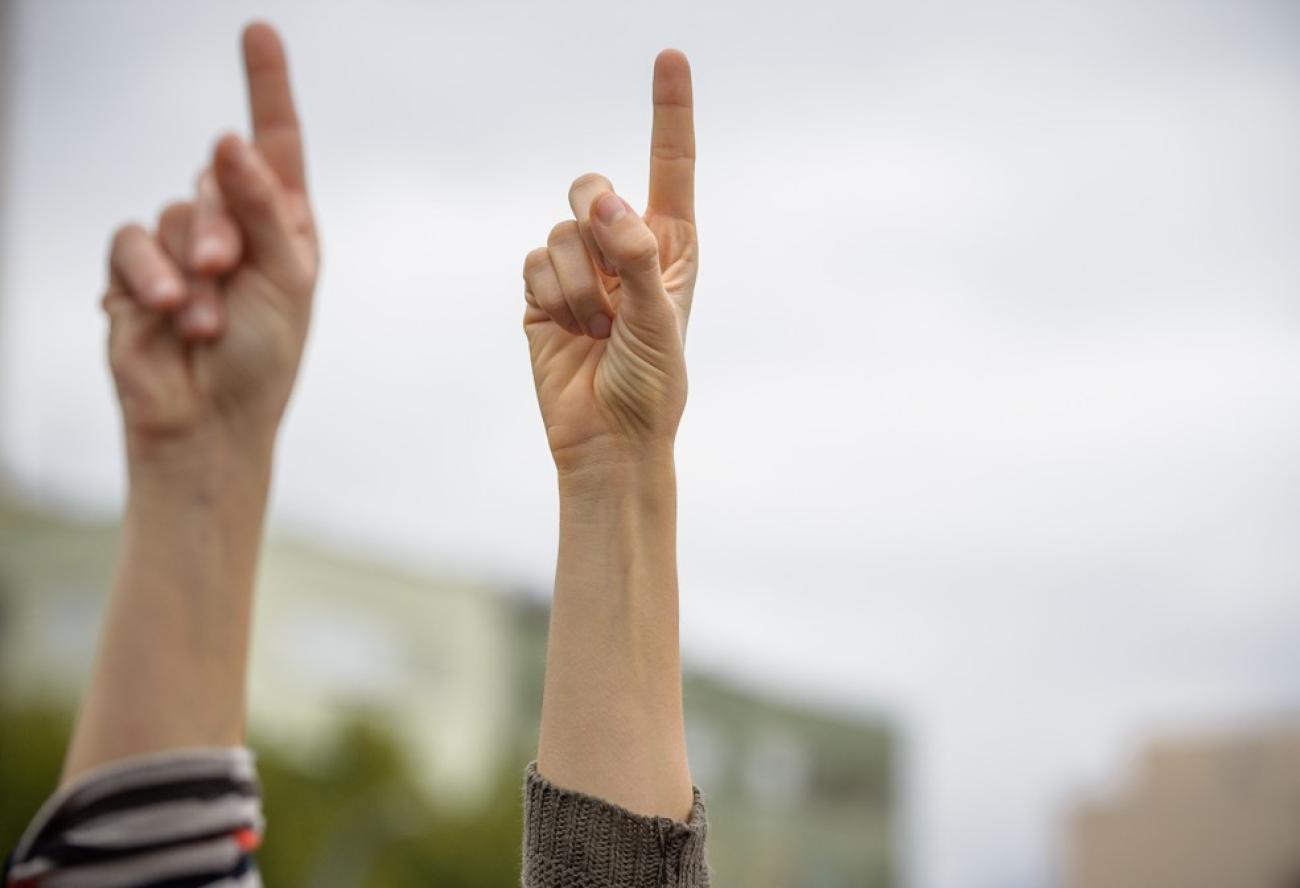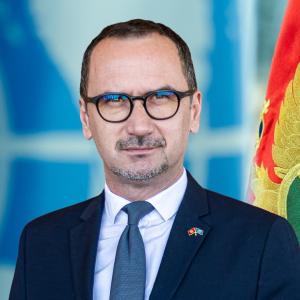Today, on the 8th of March, the International Women’s Day, the UN system in Montenegro calls for concerted and united efforts of all of us, to eliminate gender based discrimination. Today, in the era of the Sustainable Development Goals (SDGs), we, the UN family, have no doubt that a crucial aspect of sustainable development lies in the empowerment of women and gender equality. The gender roles of men and women in Montenegro still limit women in exercising their rights and reaching their full human potential in both private and public life.
Women in Montenegro, on average work 3.5 hours longer than men every day taking into account their caring roles in the family. According to latest findings, every third woman in the country will experience violence in her lifetime and even more significantly the national sex ratio at birth favours boys over girls (109:100) revealing wide spread traditional discriminatory practices.
"Women in Montenegro, on average work 3.5 hours longer than men every day taking into account their caring roles in the family"
Fiona McCluney, Resident Coordinator of the UN System in Montenegro
The full benefit of women’s contribution to the economy is also not completely realised. Under 10 percent of businesses are owned by women, women earn nearly 20 percent less than men and taking into account income from all sources men earn as much 85 percent more than women. Women also hold significantly lower numbers of senior managerial jobs.
“Investing in social care, advancing a gender responsive support system, are just some of the effective measures for improving women’s labor participation and boosting economic development” said Fiona McCluney, Resident Coordinator of the UN System.
This year, in Montenegro, we are celebrating the 70th anniversary of women gaining voting rights. Although seven decades presents a long period in development, the progress made so far on women’s political participation shows how long real change takes. Montenegro today has the greatest number of women in political life in its history, yet only 18% of seats in the Parliament are held by women, only one women is a Mayor, and there are only four women Minsters.
“Through implementing a quota for women under the Electoral Law we would see a strong step ahead in women’s participation in politics some seven decades after women won their initial political rights. This could be achieved by ensuring a minimum of 30% participation and assigning one in three candidates on electoral lists as women,” noted McCluney.
Finally, the UN System in Montenegro invites all generations not to take for granted women’s rights in Montenegro, but to cherish women’s history, praise women’s achievements and demand gender equality as basic precondition for better future. On that note, we wish happy 8th of March to all in Montenegro!






